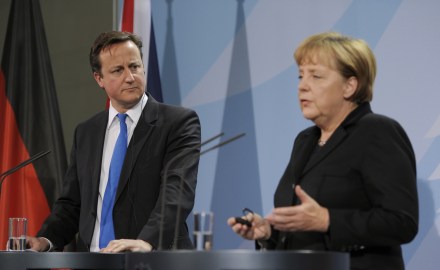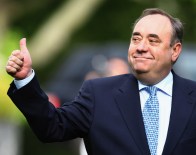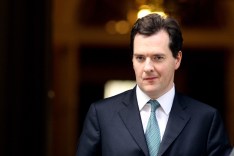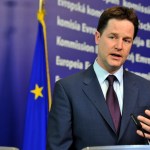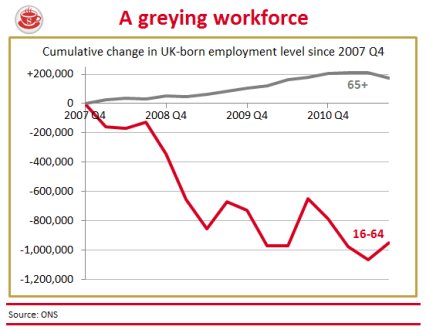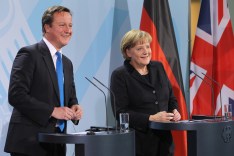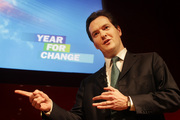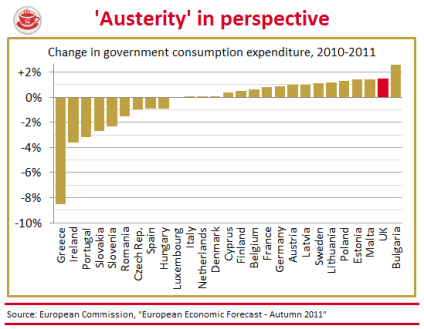How ambitious is Cameron on Europe?
Someone forgot to pack his handbag. We heard yesterday that David Cameron has agreed to let Merkel pursue full fiscal union – and in return she will… drum roll please… let him repatriate parts of the Working Time Directive. There’s nothing official from Number 10, but the well-informed Ben Brogan suggests this morning that this could well be Britain’s price for agreeing to Merkel’s deal. If so, this would be an opportunity squandered on a massive – perhaps historic – scale. Let’s recap. Cameron is in an incredibly powerful position: leading a government which is, in defiance of public opinion, giving £9 billion of overseas aid to EU member states each year.
